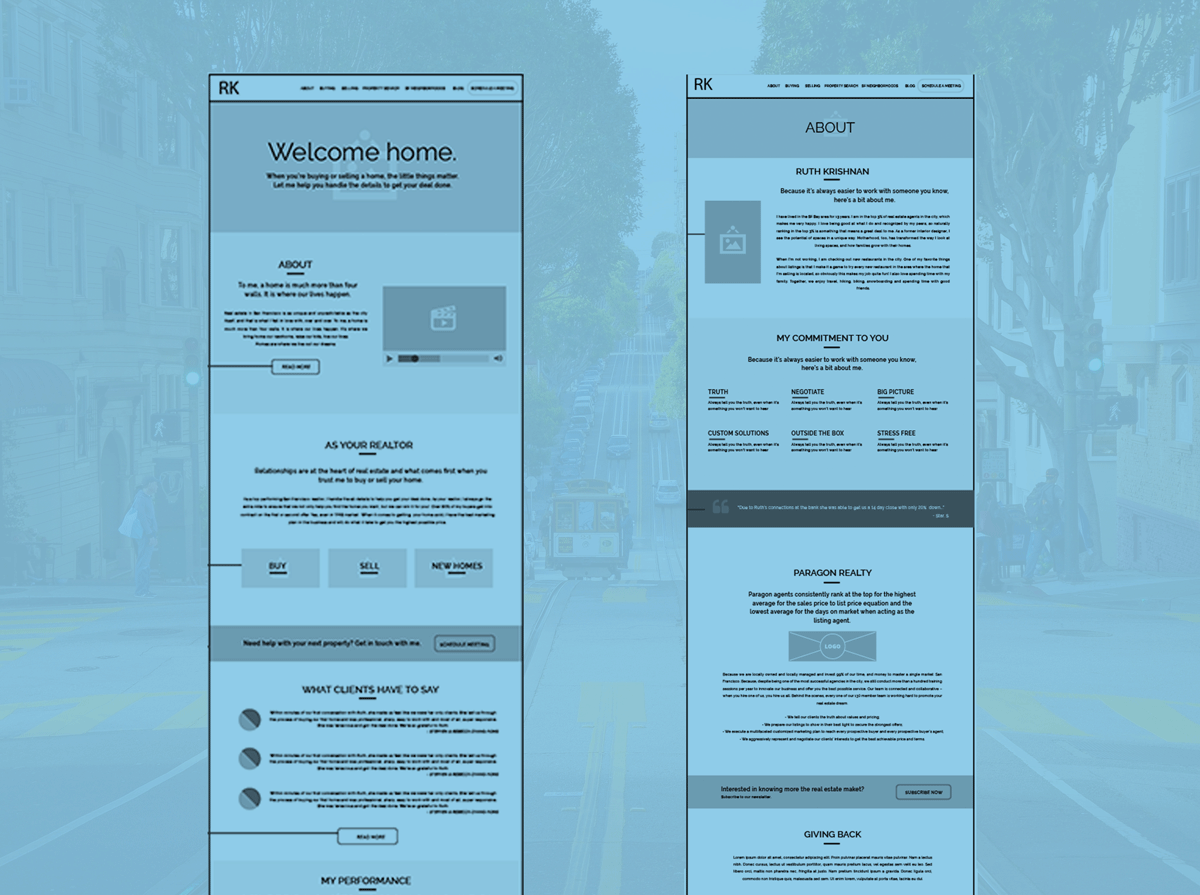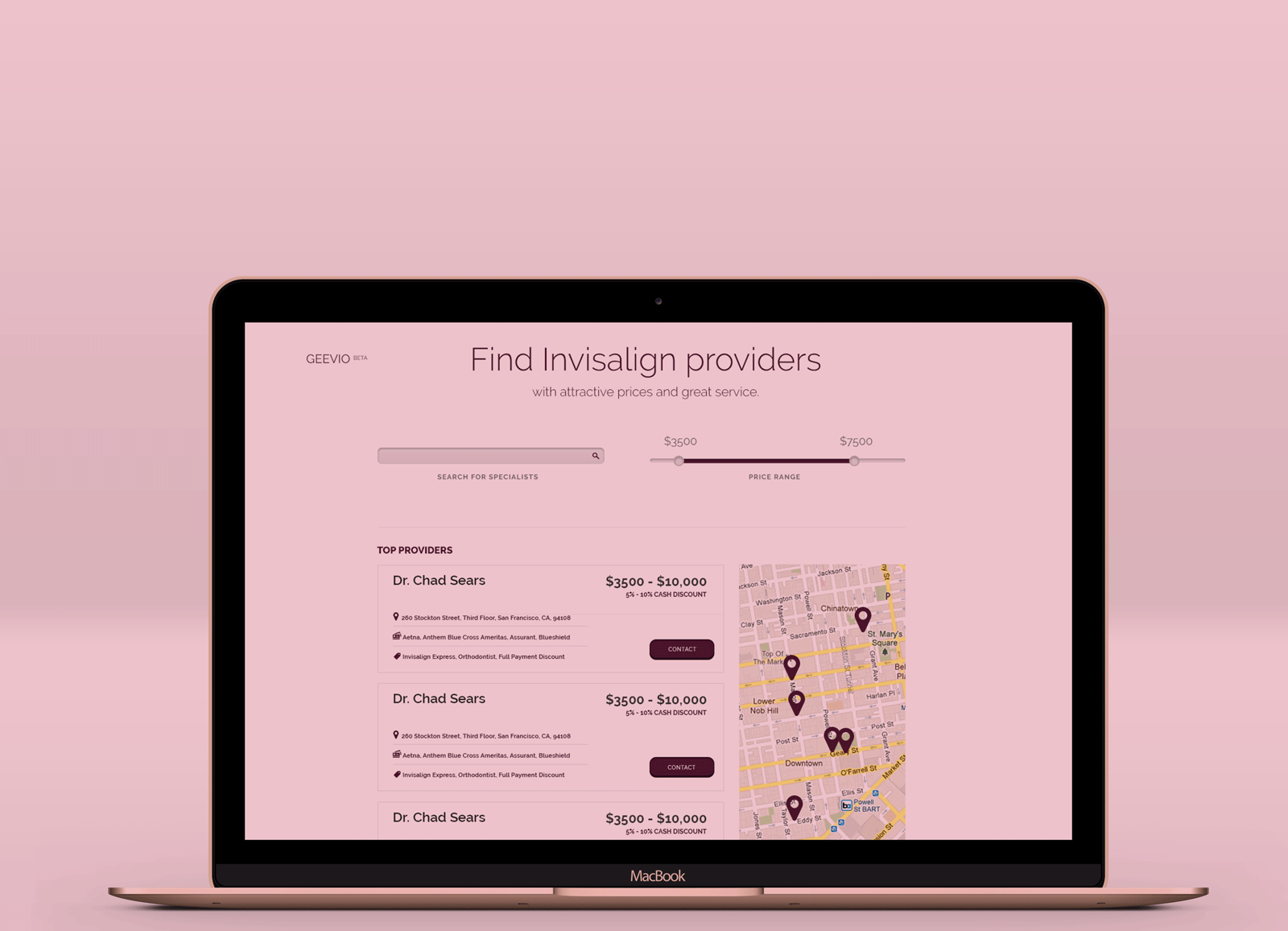Discovery Sprints

A significant win within our team has been the adoption of Agile. The interesting part is that we use Agile not just for Development but also within the UX team – a dual track agile process.
What is a Discovery Sprint?
I first heard the term Discovery Sprint at Invision’s podcast by SVPG. Simply put, this is what it looks like: If a Client Sign In feature is set for Development in Sprint 23, UX team works 1-3 sprints ahead of the Development team to discover insights from end users and also collaboratively arrive at the solution that gets implemented.
How does a Discovery Sprint work?
Once the Product Owner prioritizes the feature within the roadmap, the UX team begins planning their Discovery sprint 1 – 3 sprints ahead. The UX team creates the user story and acceptance criteria. Based on the impact of the feature, we determine what needs to be done to deliver the feature successfully. Here’s what it looks like
User Story:
As a Marketer presenting content on the B2B site, I want the ability to ask the user to self-identify with an Industry, so I can funnel them towards Industry specific pages.
Acceptance Criteria:
Talk to 3-5 Marketers across BU’s and collect requirements
Competitor analysis on how other research firms handle this scenario
Wireframe ideas and discuss pros & cons
Validate ideas with Marketers and/or end users
Collect analytics data
Create final Engineering ready story
Solution-ing in a Discovery Sprint
As we make progress with the story, we review all the information during our squad meeting with the Product Owner, Product Designer, Tech Lead, Content Strategist and Researcher. We present several low to mid fidelity wireframes before we decide to take two solutions further for UI design and validation. A lot of the work makes its way to the ‘Landfill’ but over time we see a refined solution take the lead and one that take into account feasibility, viability and usability
What are the benefits?
Lesser Risk because we are building features that are needed!
Helps us understand the problem statement. With time, we rush lesser and are sure to factor in Discovery to all our Product Development Process.
Upfront collaboration with the squad. Everyone is empowered to provide input and the Product Designer has diverse perspectives to learn from and take the lead on solutioning.
Lesser friction during the Development Sprint because the Developer has access to all the why’s behind the feature.




